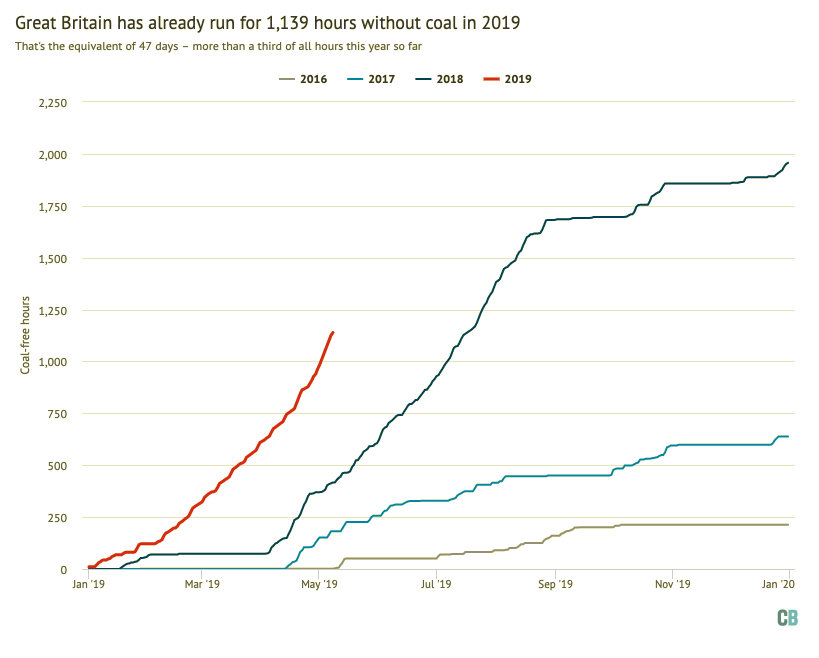
As 2020 draws to a close, here is a taster of the range of content and topics that Carbon Brief has covered over the past 12 months… 🗓️
THREAD
THREAD
The year has been dominated, of course, by Covid-19. In April, @DrSimEvans estimated that widespread lockdowns could knock 5.5% off global CO2 emissions in 2020: bit.ly/3axKirQ
📉 This month, @gcarbonproject said it will likely clock in at 7%: bit.ly/3h7Sznz
📉 This month, @gcarbonproject said it will likely clock in at 7%: bit.ly/3h7Sznz

📈 But analysis we published in May explained that levels of CO2 in the atmosphere will still rise this year ➡️ bit.ly/3pfC77s
And @Josh_Gabbatiss covered a study showing the dip in emissions would only prevent around 0.01C of warming ➡️
bit.ly/2WAvOPO
And @Josh_Gabbatiss covered a study showing the dip in emissions would only prevent around 0.01C of warming ➡️
bit.ly/2WAvOPO
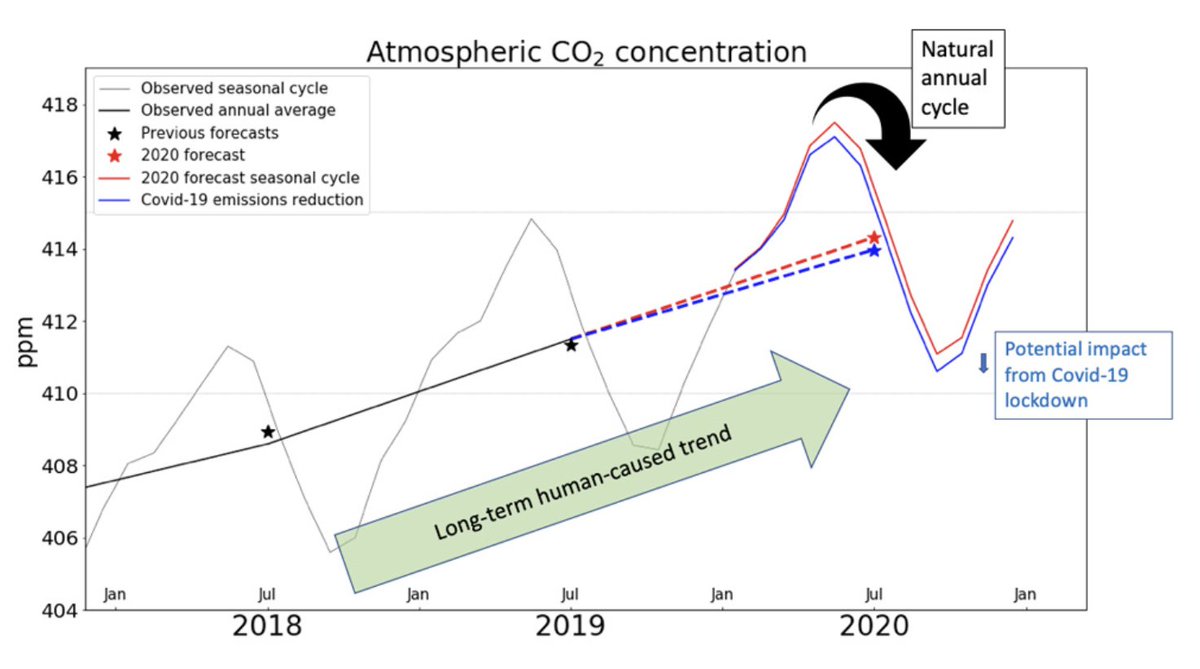
🌏 In other Covid-related articles, @daisydunnesci delved into the eye-opening topic of how climate change and biodiversity loss are raising the risk of pandemics.
Read here ➡️ bit.ly/38rWjMT
Read here ➡️ bit.ly/38rWjMT
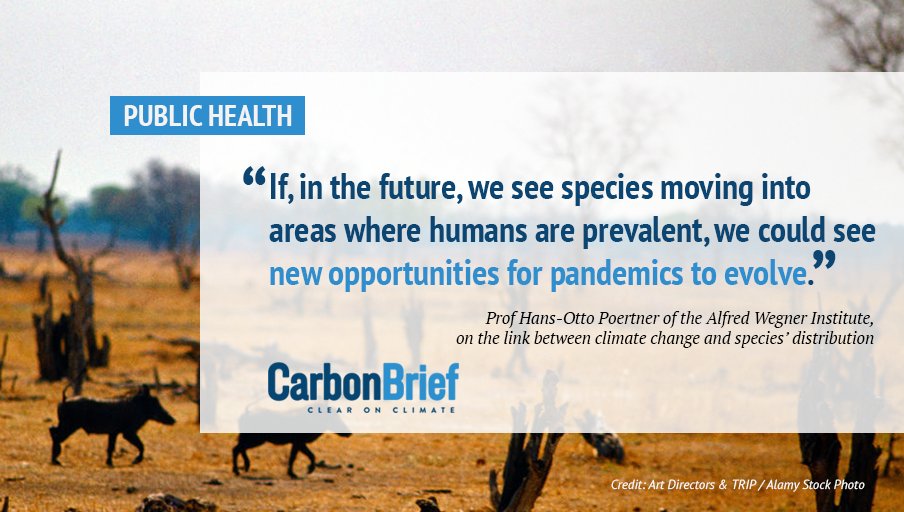
💻 And the surging popularity of streaming services this year led to some spurious claims about the CO2 emissions they cause.
A factcheck by @GeorgeKamiya showed that some of these estimates “exaggerate the actual climate impact by up to 90-times” ➡️ bit.ly/38nFra7
A factcheck by @GeorgeKamiya showed that some of these estimates “exaggerate the actual climate impact by up to 90-times” ➡️ bit.ly/38nFra7
Meanwhile, in a new venture for @CarbonBrief, we hosted webinars on three big topics:
🏭 Covid-19 & CO2 emissions: bit.ly/3piC4Ip
🔥 Wildfires: bit.ly/3aqtDXc
🥩 Meat & dairy: bit.ly/37AqSki
🏭 Covid-19 & CO2 emissions: bit.ly/3piC4Ip
🔥 Wildfires: bit.ly/3aqtDXc
🥩 Meat & dairy: bit.ly/37AqSki
We published a series on climate “tipping points”, with an explainer by @rtmcswee: bit.ly/3mB9qAs
And guest posts on:
🌊 AMOC: bit.ly/3h4MoRl
🧊 Permafrost: bit.ly/3pdrmTe
🌴 Amazon: bit.ly/2LWaMcl
🇦🇶 West Antarctica: bit.ly/3mDtcLt
And guest posts on:
🌊 AMOC: bit.ly/3h4MoRl
🧊 Permafrost: bit.ly/3pdrmTe
🌴 Amazon: bit.ly/2LWaMcl
🇦🇶 West Antarctica: bit.ly/3mDtcLt
🍴 In another week-long special, we published a series exploring climate change and food.
It kicked off with an interactive on the climate impact of meat and dairy, by @daisydunnesci, @tomoprater and @joejgoodman ➡️ bit.ly/3pay2Sb
It kicked off with an interactive on the climate impact of meat and dairy, by @daisydunnesci, @tomoprater and @joejgoodman ➡️ bit.ly/3pay2Sb
🍳 Which was followed by a Q&A by @Josh_Gabbatiss on what shifting diets around the world mean for climate change ➡️ bit.ly/2LWVJz6
And two guest posts on:
🥕 Food waste: bit.ly/3p6XIyU
🥩 Meat consumption in less developed countries: bit.ly/2KH67uj
And two guest posts on:
🥕 Food waste: bit.ly/3p6XIyU
🥩 Meat consumption in less developed countries: bit.ly/2KH67uj
We continued to publish our in-depth climate and energy country profiles of the world’s biggest emitters. This year we covered:
🇮🇷 Iran: bit.ly/2LQxbYl
🇰🇷 South Korea: bit.ly/3nyLxe1
🇳🇬 Nigeria: bit.ly/37AnFRM
🇮🇷 Iran: bit.ly/2LQxbYl
🇰🇷 South Korea: bit.ly/3nyLxe1
🇳🇬 Nigeria: bit.ly/37AnFRM
🇬🇧 Back in the UK, prime minister Boris Johnson published his “10-point plan” towards net-zero emissions. We covered the reaction ➡️ bit.ly/3peTx4u
This was swiftly followed by the latest advice from @theCCCuk. We picked out the key details ➡️ bit.ly/3peTx4u
This was swiftly followed by the latest advice from @theCCCuk. We picked out the key details ➡️ bit.ly/3peTx4u
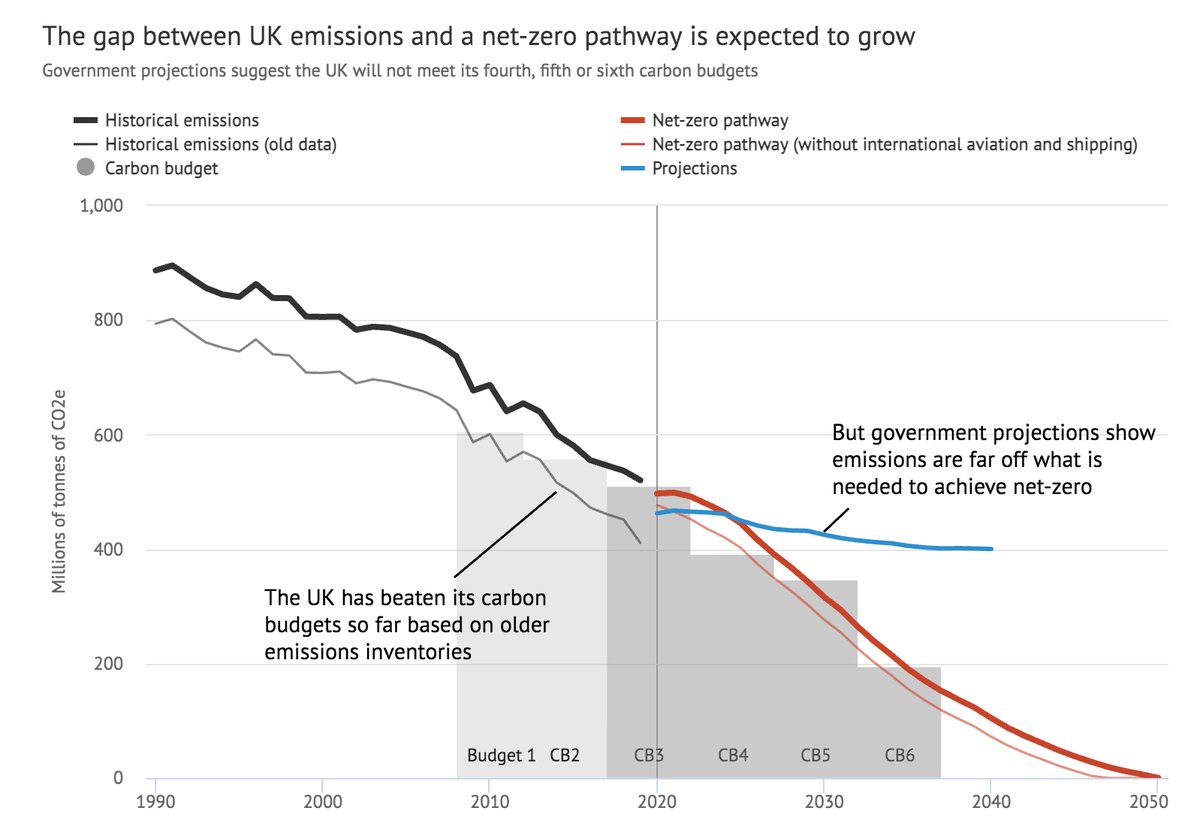
📎 And, soon after that, the UK government published its long-awaited “white paper” setting out the government’s agenda for the energy sector.
Yet again, @Josh_Gabbatiss was on hand to address the big questions ➡️ bit.ly/3aC2tNf
Yet again, @Josh_Gabbatiss was on hand to address the big questions ➡️ bit.ly/3aC2tNf
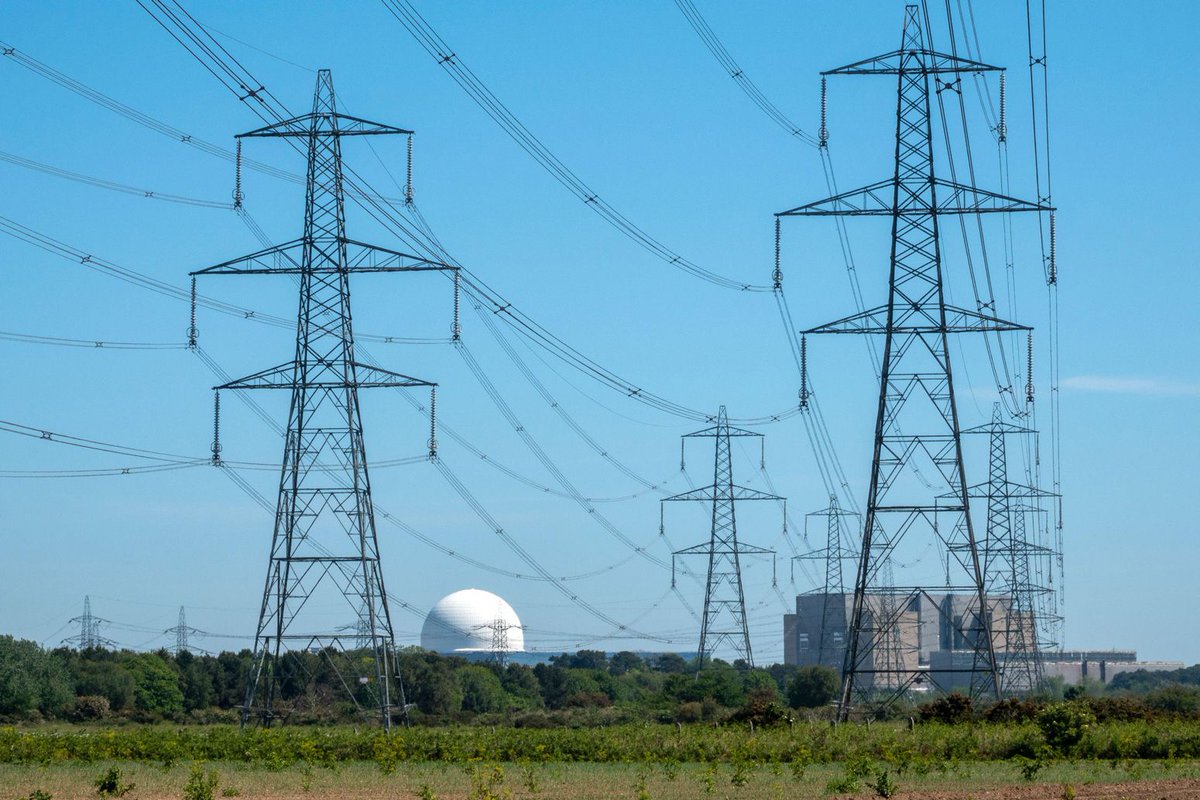
⚛️ A recurring theme in the discussions around the world reaching net-zero has been the role that hydrogen could play.
This Q&A by @DrSimEvans and @Josh_Gabbatiss – with infographic from @tomoprater – is everything you could need on the topic ➡️ bit.ly/3av0tGk
This Q&A by @DrSimEvans and @Josh_Gabbatiss – with infographic from @tomoprater – is everything you could need on the topic ➡️ bit.ly/3av0tGk
🌲 Tree planting could also play a big part in reaching the UK’s net-zero goal. Back in March, @Josh_Gabbatiss investigated the UK’s targets and the issues that need to be overcome ➡️ bit.ly/2WwRJan
💨 As ever, we’ve covered extreme weather in 2020, including an explainer on the jet stream by @rtmcswee ➡️ bit.ly/3askeOV
🦗 A Q&A by @daisydunnesci on how heavy rains had contributed to locust storms in East Africa and beyond ➡️ bit.ly/3mEfsjM
🦗 A Q&A by @daisydunnesci on how heavy rains had contributed to locust storms in East Africa and beyond ➡️ bit.ly/3mEfsjM
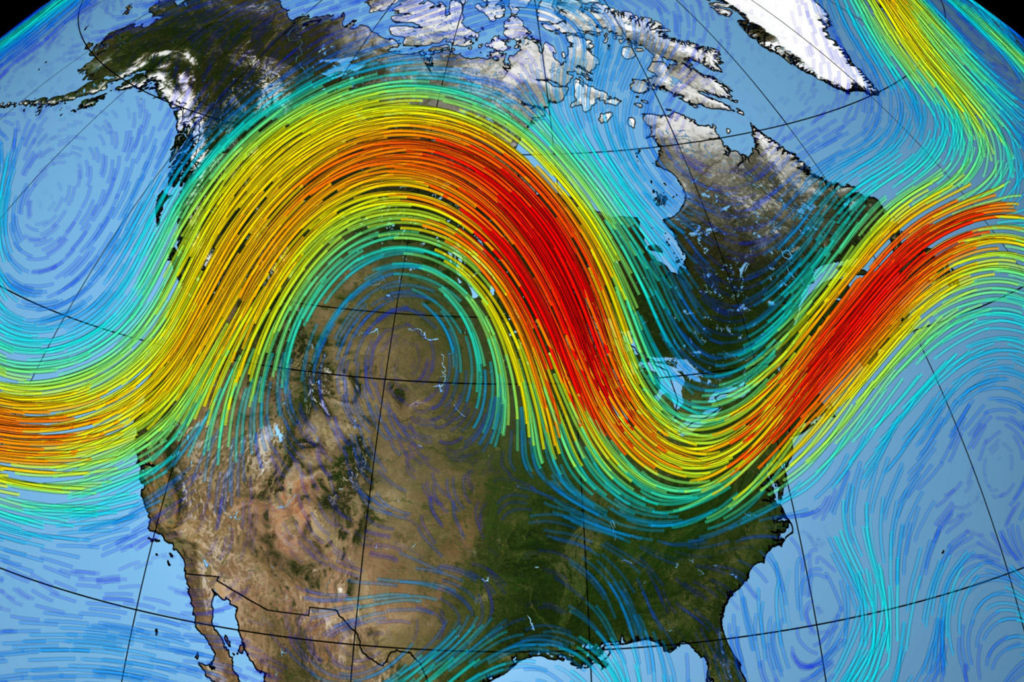
And three Met Office guest posts on the UK’s record-breaking weather:
🌦️ Wet & warm winter: bit.ly/37C97Ro
☔️ February rainfall: bit.ly/2LLpt1F
☀️ Dry & sunny spring: bit.ly/34xteyo
By @markpmcc, @AyeshaTandon and @SchultzAnnie1
🌦️ Wet & warm winter: bit.ly/37C97Ro
☔️ February rainfall: bit.ly/2LLpt1F
☀️ Dry & sunny spring: bit.ly/34xteyo
By @markpmcc, @AyeshaTandon and @SchultzAnnie1
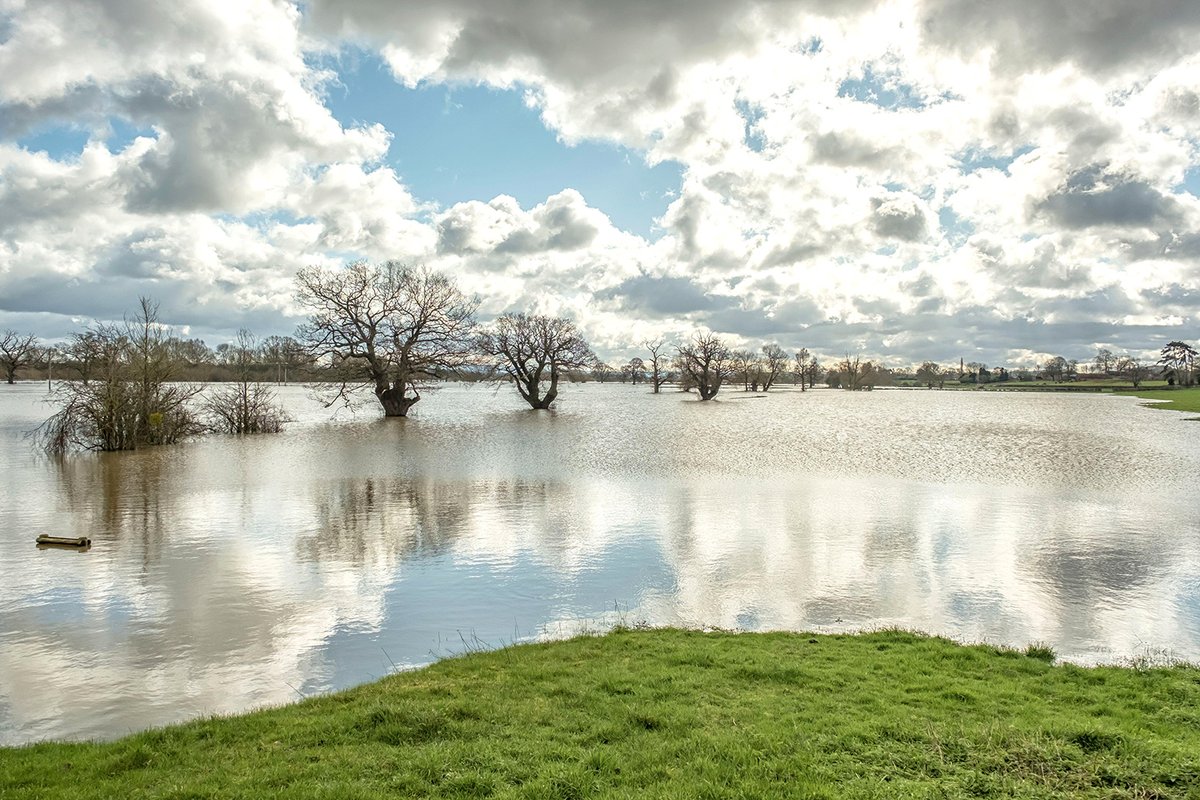
👩💼 These were just three of the many guest posts we published in 2020.
You can find them all here ➡️ bit.ly/3mDy0Av
You can find them all here ➡️ bit.ly/3mDy0Av
🇦🇺 Back at the start of 2020, wildfires were already raging in Australia. We summarised the media reaction and talking points ➡️ bit.ly/3rhXqHG
🔥 And @daisydunnesci’s explainer unpacked the relationship between wildfires and climate change ➡️ bit.ly/37DbJyM
🔥 And @daisydunnesci’s explainer unpacked the relationship between wildfires and climate change ➡️ bit.ly/37DbJyM
🔄 In other explainers, @hausfath – along with @richardabetts – unpacked how “carbon-cycle feedbacks” could make global warming worse ➡️ bit.ly/38qiz9M
🌡️ And Zeke estimated when global warming could breach the thresholds of 1.5C and 2C ➡️ bit.ly/3mB3SFR
🌡️ And Zeke estimated when global warming could breach the thresholds of 1.5C and 2C ➡️ bit.ly/3mB3SFR

🤰 Meanwhile, @daisydunnesci explored how climate change disproportionately affects women’s health: bit.ly/3pbZyi3 (map by @joejgoodman)
♀️ And @AyeshaTandon covered research on why tackling gender inequality is “crucial” for climate adaptation: bit.ly/3rhaqNx
♀️ And @AyeshaTandon covered research on why tackling gender inequality is “crucial” for climate adaptation: bit.ly/3rhaqNx
🇺🇸 The end of the year saw the US election. In the lead up to the vote, @Josh_Gabbatiss tracked the key statements on climate and energy by the two candidates and their parties:
Read here ➡️ bit.ly/2Kg11p2
Read here ➡️ bit.ly/2Kg11p2
📰 With Joe Biden emerging victorious, @Josh_Gabbatiss summarised how the media reacted ➡️ bit.ly/2WxoEvs
👩🔬 And canvassed climate scientists and policy experts on their reaction, too ➡️ bit.ly/3pbm6zx
👩🔬 And canvassed climate scientists and policy experts on their reaction, too ➡️ bit.ly/3pbm6zx

🇨🇳 The focus on China continued this year, with its surprise pledge to reach “carbon neutrality” before 2060.
We published analysis by @HectorPollitt on how meeting this pledge could cut global warming this century by 0.25C and raise the country’s GDP ➡️ bit.ly/3h93ixW
We published analysis by @HectorPollitt on how meeting this pledge could cut global warming this century by 0.25C and raise the country’s GDP ➡️ bit.ly/3h93ixW
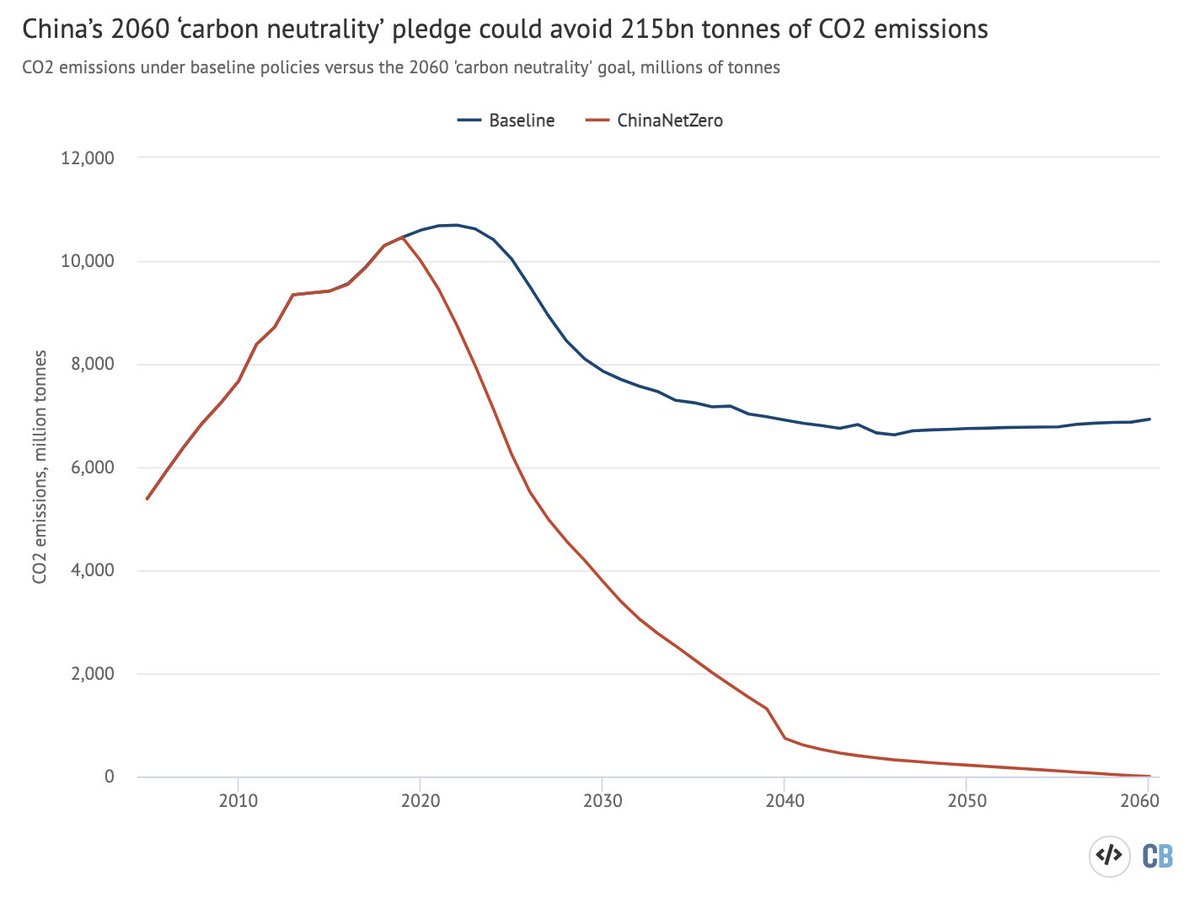
📈 However, analysis by @laurimyllyvirta in June revealed that China’s CO2 emissions surged after Covid lockdowns ➡️ bit.ly/2WvQE2O
He also found that China’s stimulus plans for fossil fuels were 3 times larger than for low-carbon energy ➡️ bit.ly/3az2hy2
He also found that China’s stimulus plans for fossil fuels were 3 times larger than for low-carbon energy ➡️ bit.ly/3az2hy2
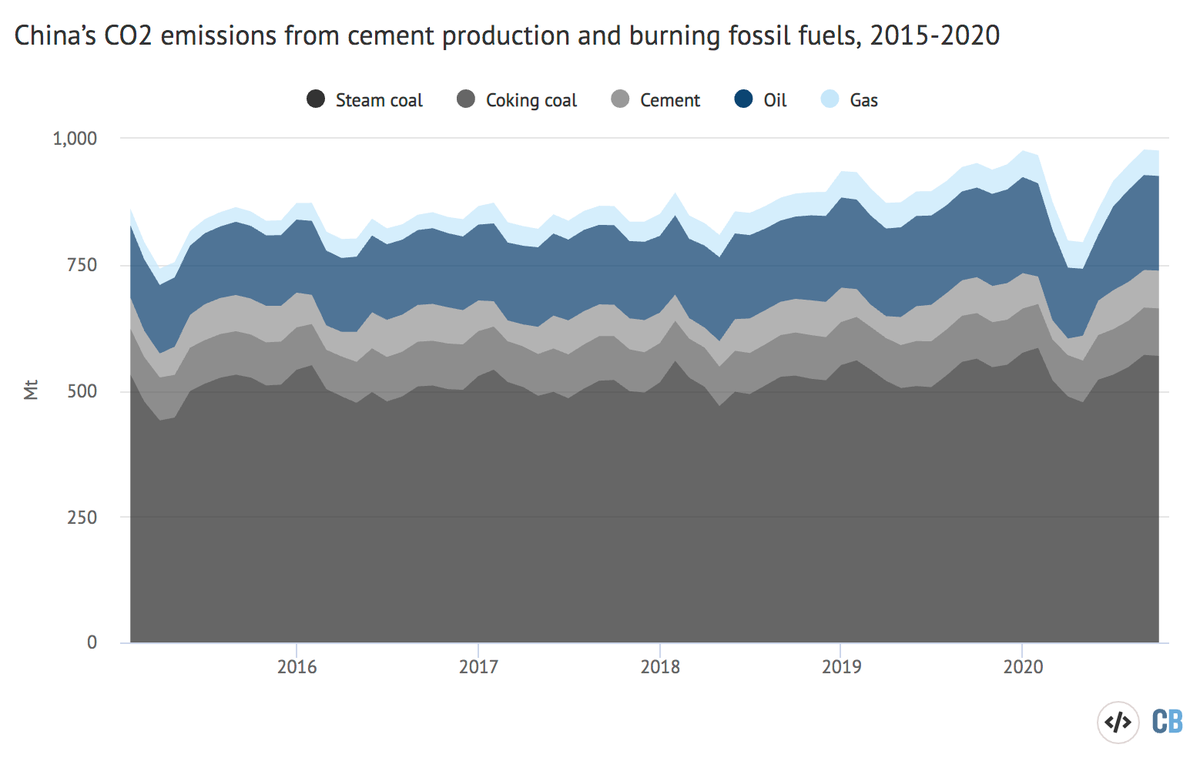
We have also picked up a few awards:
🏆 @LeoHickman was named “editor of the year” by the @absw
🏆 @DrSimEvans & @_rospearce won the @absw “innovation of the year” for this interactive: bit.ly/3nK7g2U
🏆 The same piece was “highly commended” by @RoyalStatSoc
🏆 @LeoHickman was named “editor of the year” by the @absw
🏆 @DrSimEvans & @_rospearce won the @absw “innovation of the year” for this interactive: bit.ly/3nK7g2U
🏆 The same piece was “highly commended” by @RoyalStatSoc
And last, but by no means least, Carbon Brief’s annual quiz night also had to move online this year. But it did mean that twice the number of people – 600 in total – could play along.
🥇 Read the article to find out which team was triumphant ➡️ bit.ly/2WyMYxb
🥇 Read the article to find out which team was triumphant ➡️ bit.ly/2WyMYxb
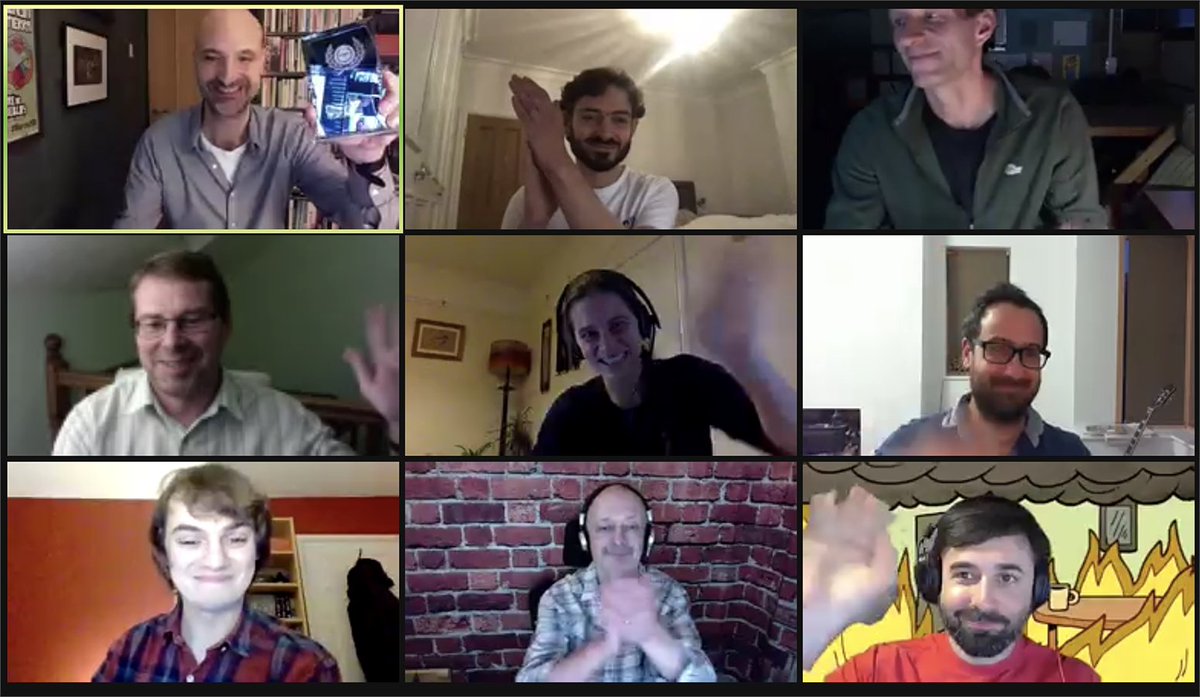
• • •
Missing some Tweet in this thread? You can try to
force a refresh



